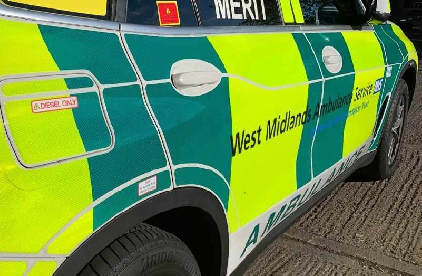
Shropshire Council will lobby the Government for a dedicated ambulance trust for the county in response to years of “neglect” by West Midlands Ambulance Service.
Councillors said a dedicated service was needed in order to better address the needs and challenges of a large rural county, accusing the regional service of prioritising the urban areas.
The council has also pledged to push ambulance and hospital bosses for an action plan with target completion dates to address the current crisis of soaring response times and ambulance backlogs seen in recent months.
The issue was raised at a meeting of the full council by Liberal Democrat councillor Heather Kidd, who sits on the authority’s health scrutiny committee and the joint health overview and scrutiny committee (JHOSC) with Telford & Wrekin.
She said the county had suffered from an “incredibly poor ambulance service” for more than a decade, recalling raising the issue at a JHOSC meeting back in 2010.
Councillor Kidd’s motion called for the council to facilitate meetings between the ambulance service and the trust in charge of the county’s two acute hospitals, and to lobby Government for additional ambulances to be made available to serve the county to help ease current pressures.
But Cllr Dean Carroll, cabinet member for physical infrastructure, proposed going one step further and pushing for a breakaway ambulance service to be created for Shropshire.
He said: “I spent two and a half years as the cabinet member for adult social care and public health, and during that time I was engaged in seemingly mortal combat with WMAS.
“They seem to be completely indifferent to the needs of Shropshire, prioritising their overall response times which are dependant on the greater mass of population concentrated in the seven metropolitan boroughs of the West Midlands.
“As you have quite rightly said, this is not to do with the pandemic – this is a far more fundamental problem.”
Councillor Carroll said previous pleas from the council to WMAS to rethink the closure of the county’s four community ambulance stations last year were “totally ignored”.
He said: “It is that constant ignoring that I experienced over two and half years and which, Heather, you have referenced going back as far as 2010 – which leads me to believe there is no way we can get sustained improvement in our ambulance services while they are tied to the seven metropolitan boroughs of the West Midlands.
“We need an ambulance service that is purpose-designed for a large rural community.
“We can certainly operate blue light services as a county – we operate an extremely successful fire and rescue authority – and we can emulate that model to provide an equally successful service in ambulances that responds to the needs of the residents of Shropshire.”
Councillor Carroll said the motion would send a “very strong message”, adding that the council would seek the support of the county’s MPs and other large rural counties in the region “that suffer from similar neglect by WMAS.”
Councillor Nick Bardsley, seconding Councillor Carroll’s amendment, said: “I think ambulance services throughout the UK suffer from this passion for centralisation on the basis that it will be more efficient.”
He said one problem contributing to lengthy response times was that ambulance control staff did not know the geography of Shropshire, adding: “An ambulance service which has its roots in Shropshire is far more likely to understand the needs of a rural community.”
Councillor Cecilia Motley, portfolio holder for communities, said WMAS “finds it difficult to admit to any shortcomings”.
She said: “It seems to me that we need to make a pitch for a much more rurally-based ambulance service which could cover neighbouring authorities that have large rural areas such as ourselves.
“That way instead of always just moaning about the WMAS we try and offer some positive ideas for a different sort of service, because otherwise I don’t think we are going to get anywhere with them.”
Liberal Democrat group leader David Vasmer said that while he supported the proposal to call for a new service to be created in the longer-term, there was also a need “to deal with it here and now”.
Councillor Vasmer said: “We need to deal with the problems people are facing and the fact people are dying as a result of delays in the ambulances.”
Councillor Kidd accepted Councillor Carroll’s amendment and the motion was unanimously supported by all councillors present.

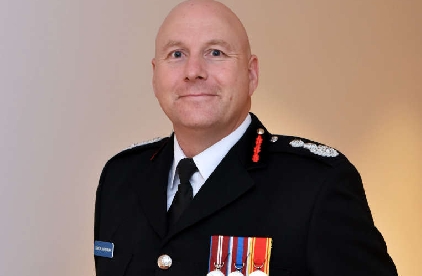 Possibility of fires linked to garden waste charges ‘on the radar’
Possibility of fires linked to garden waste charges ‘on the radar’
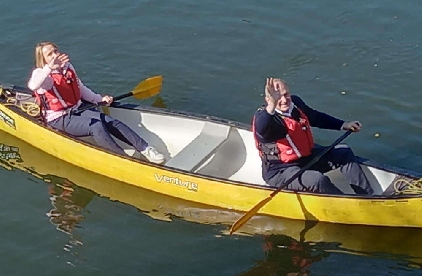 Lib Dem leader canoes on river Severn
Lib Dem leader canoes on river Severn
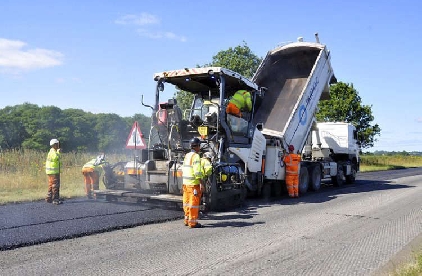 Highways contract extended for another year
Highways contract extended for another year
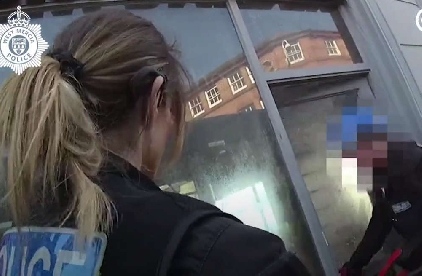 £500K seized in crackdown on barbershops used for money laundering
£500K seized in crackdown on barbershops used for money laundering
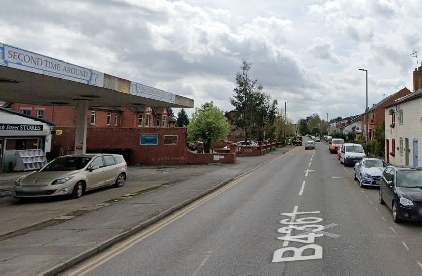 Pedestrian seriously injured in Leominster collision
Pedestrian seriously injured in Leominster collision
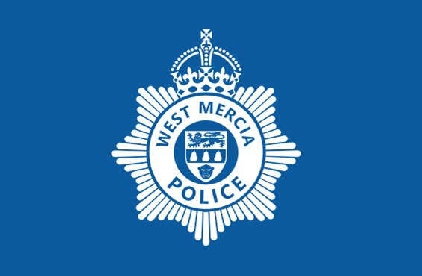 West Mercia Police officer dismissed
West Mercia Police officer dismissed
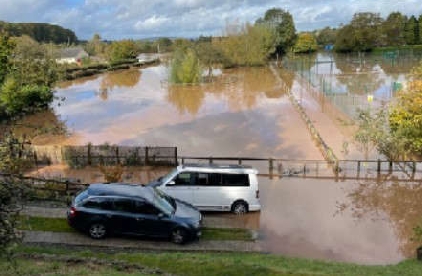 Ludlow Town Council objects to rugby club’s plans
Ludlow Town Council objects to rugby club’s plans
 Witnesses sought following assault in Craven Arms
Witnesses sought following assault in Craven Arms
